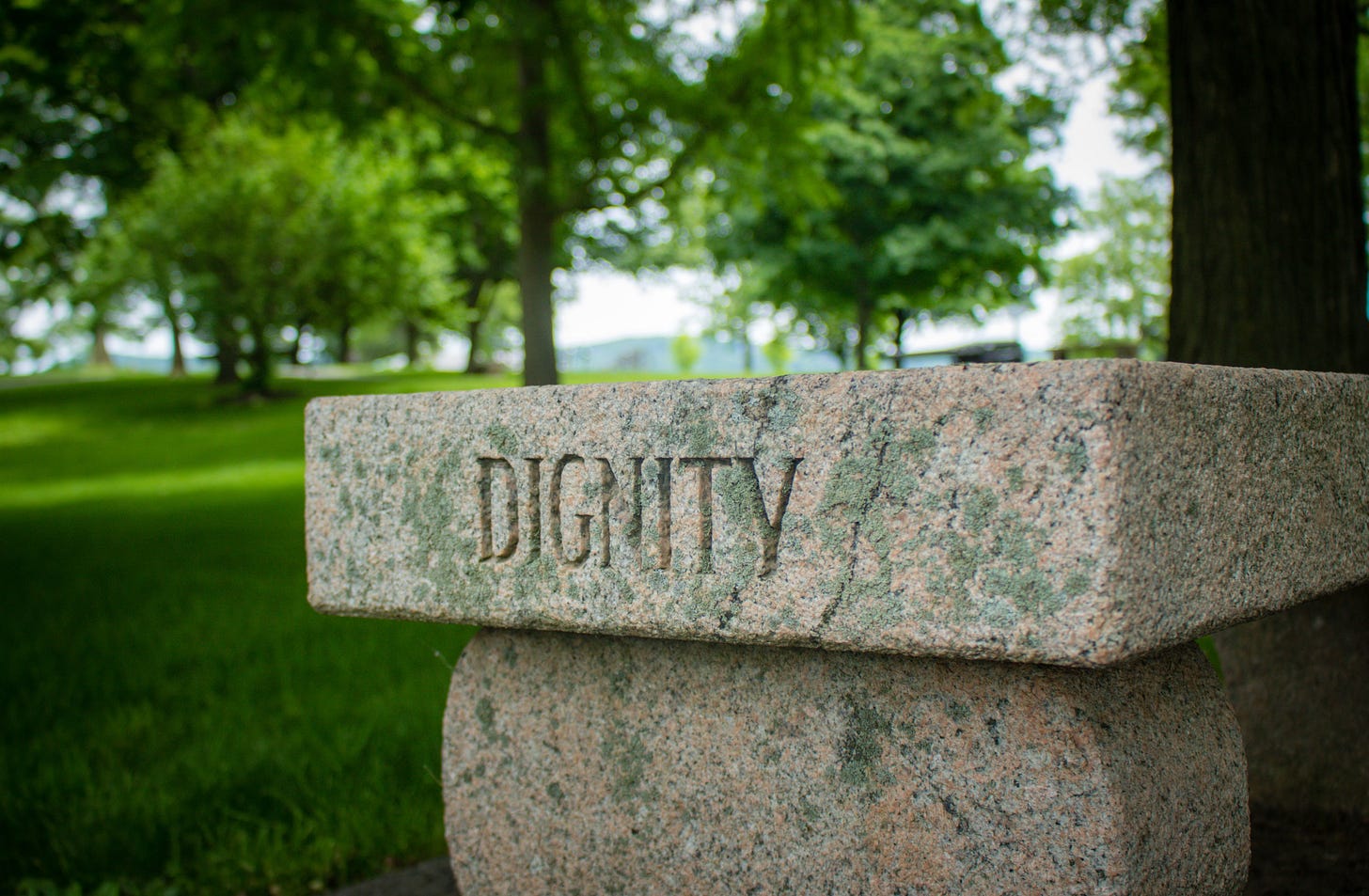Universal Basic Services
What if dignity and freedom from fear was the baseline of our socioeconomic system?
Photo by Dave Lowe on Unsplash
What would an economy look like on a degrowth path?
That is what I’ve been discussing in this space for the past six weeks. On a degrowth path, an economy would wind down industries harmful to mankind, like coal, oil, and gas, while investing in things that improve the quality of life for most people, such as education, healthcare, public transportation, etc.
You can imagine an economy in the not-too-distant future where you don’t have to take a bullshit job to get buy because universal basic income and a job guarantee take most of the fear out of the labor market. You can imagine an economy where the four-day workweek has been implemented almost everywhere. You can imagine a world where fiscal and monetary policy has changed because central banks don’t have the mandate to ensure a certain number of people are out of work, and the economic system isn’t set up to manufacture scarcity to keep the perpetual growth machine running. (If you are new here, take a look at the blogs from the last 5 Thursdays to see what I’m talking about).
There is one thing we haven’t discussed that fits into this economic model – universal basic services.
Those in favor of the adoption of universal basic services make the argument that some services should be universally provided to the population of a country to meet the basic needs of every citizen. The list of these items may vary, but they tend to include free basic levels of:
- Shelter
- Food
- Water
- Electricity and Heating
- Healthcare
- Education
- Local Transportation
- Information access (internet access)
- Legal services
Depending on where you live, some of these things, and others are already free. I live in the United States, so very few of these are free. But you can get free public education through high school. Programs both at the federal and state levels exist for free food, water, and healthcare for those who need assistance in these areas.
But the idea of universal public services goes beyond just providing something here and there for those who can’t pay for these services.
We are living in a society.
The idea behind universal public services gets to the core of moving from an economic system that serves the needs of capital first and foremost to one that puts the needs of citizens first and foremost.
The things covered by universal basic services aren’t wants, they are needs. We all need water, food, and shelter. A country with a healthy and educated populous is more prosperous and more peaceful than one without those things.
A society with universal basic services ensures that everyone has access to these basic services because they know it is better for society as a whole. Less desperation around food, shelter, and work (when paired with a job guarantee and universal basic income) results in a society with less crime, and healthier and more educated citizens.
But this all comes at a cost.
The cost is, well, the cost.
As was the case with a universal basic income, a universal basic services regime could cut down on a bureaucracy set up to determine who gets free healthcare, food, and shelter, but some level of such a bureaucracy would still need to be in place.
Universal basic services would need to be paid for, and that would likely mean higher taxes.
A path to a better economic model – you get what you pay for.
A society that wants universal basic services because they truly value those things will have to pay for them. A nicer society will cost you more money.
If you don’t want to pay for that, then don’t be surprised if you don’t have a very nice society.
The point of things like universal basic services, universal basic income, the four-day workweek, and job guarantees is to ensure that most of the people where you live can live with dignity and without fear.
I don’t hate the capitalist system that I live in, but it has no requirement to treat people with the dignity that they deserve. To me, that is its fatal flaw.
A system that doesn’t work to ensure the health, safety, and dignity of its people … doesn’t work.
We deserve better.


